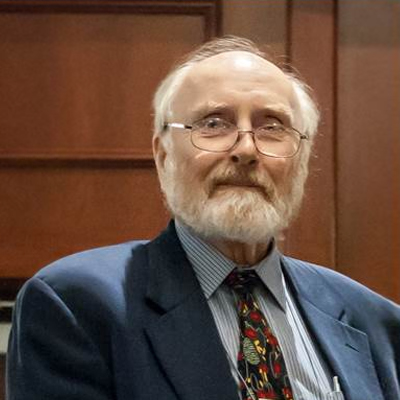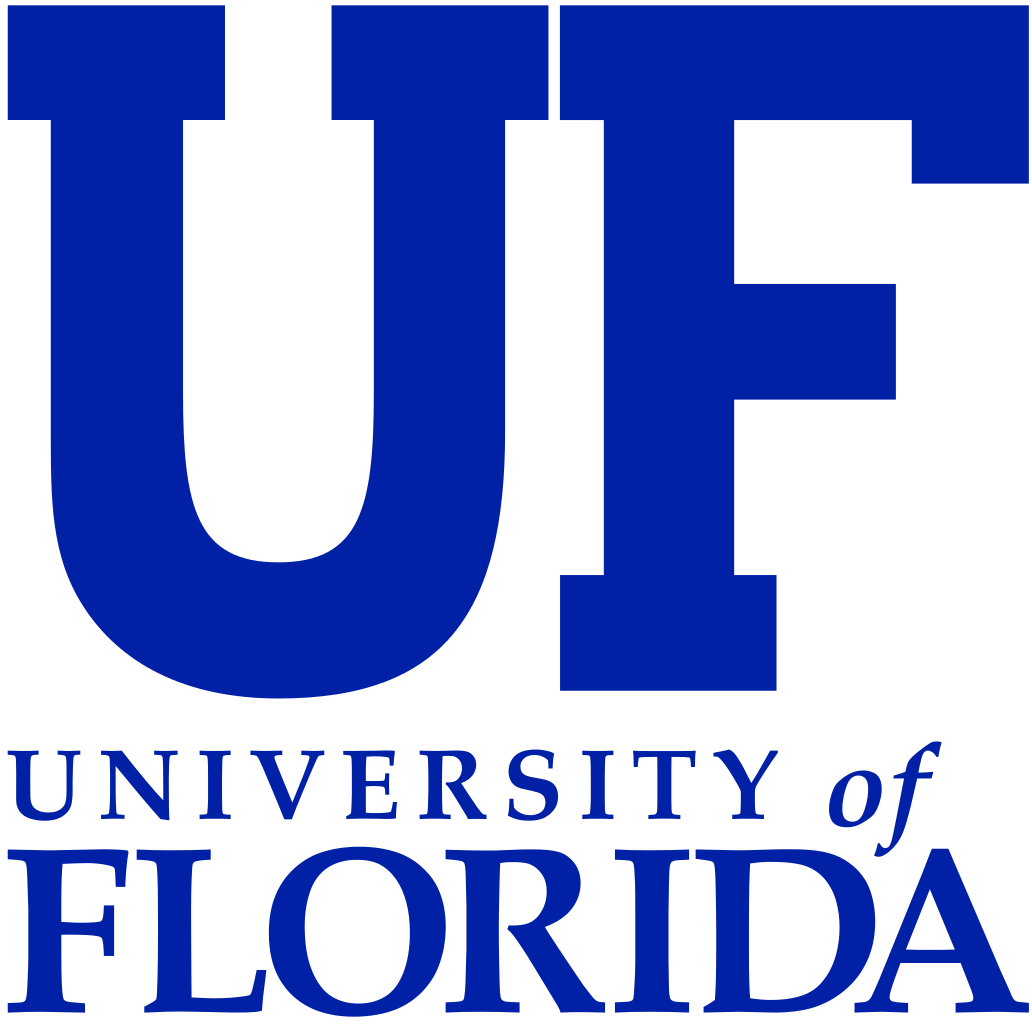Discoveries that are progressing towards treatments for mitochondrial diseases and cancer
Consider the energy required for all of the activities we do each day from waking up and brushing our teeth, to exercising. The human design is so efficient that there are systems that create and use energy to power all of our body's processes. On the most basic level, within our cells, mitochondria are known as the powerhouses of the cell; they are energy storage sites in our cells that convert carbohydrates into energy. The mitochondrial energy is critical for ribosomes, another cell structure, to create proteins that ultimately are required for the structure, function, and regulation of the body's tissues and organs. As we have begun to understand the basic functions and anatomy of these structures, we have also begun to understand the mutations and deletions of genetic information that cause mitochondrial diseases to occur allowing us to come closer to preventative and curative measures that could impact our society as a whole.
If mitochondria are the powerhouse of the cell, Dr. Thomas O'Brien, Biochemistry and Molecular Biology professor at the University of Florida, has become the powerhouse behind its research, beginning with his 1967 discovery of mitochondrial ribosomes. Three years later, in 1970, Dr. O'Brien was introduced as the "father" of the mitochondrial ribosome at the Gordon Research Conference on Mitochondria. His discovery has since avalanched into a developing understanding of the ways in which mitochondrial ribosomes' composition, structure, function, and evolution are relevant to human health and mitochondrial disease.
- Dr. O'Brien recently introduced to the scientific community 90 new candidates for mitochondrial disease, deafness, sensor neural deficiencies, developmental delay, and early death. By further investigating these proteins, we will better understand the causes of the mitochondrial diseases.
- Dr. O'Brien recently discovered that human mitochondrial ribosomes are heterogeneous, containing one of three different versions of the protein S18, and that the different forms of the human mitochondrial ribosomes have individual functional specialization. The implications of such research could help better understand mitochondrial diseases and contribute to cancer research.
- Mitochondrial ribosomes produce a novel protein that researchers believe is involved in apoptosis, or programmed cell death. This GTP binding protein, discovered by Dr. O'Brien, MRPS29, may have profound implications to control cancer because we know that if irregular cells (cancerous cells) are not killed, they will continue to develop thus progressing to a cancerous state. Dr. O'Brien's research in this area would explore how to activate this protein, in specifically cancerous cells, to find out if this protein malfunctioning in a cell is a cause of cancer.
To put most simply, Dr. O'Brien's current research is built on the foundational understanding that if there is a problem with the mitochondrial ribosome then proteins become deficient meaning that they cannot create the energy required to sustain human life. His research is helping to investigate the causes of cell destruction, mitochondrial function, energy production, cellular development, and growth in order to create treatments that may benefit our society as a whole. Dr. O'Brien has been driven by the basic research that has then lead to applications with a wide reach of beneficial outcomes; he has proven that his research has impacted society with life preserving measures, and there is much evidence to support that his continuing research will do the same.
Bio
Professor O'Brien earned his Ph.D. in physiology and biochemistry at Marquette University in 1964 for his work on the thyroid hormone control of mitochondrial content.
Dr. O'Brien is President of the Mitochondria Research Society. He is an active member of the Scientific Planning Committee of the United Mitochondrial Disease Foundation and University of Florida's Center for Structural Biology, Center for Mammalian Genetics, and the Health Cancer Center.
He discovered mitochondrial ribosomes as a Postdoctoral Fellow working with Dr. G.F. Kalf. Dr. O'Brien joined the University in 1966. The discovery of ribosomes in mitochondria in Dr. O'Brien's laboratory foreshadowed the surprising diversity of ribosome types in nature.
He was a NATO Senior Science Fellow, an EMBO Research Fellow, a Visiting Scientist at the Max Planck Institute for Molecular Genetics, Berlin, Germany, and a Visiting Scientist at the University of California, Santa Cruz. From 1980 to 1982 he was Interim Chairman of the Department of Biochemistry and Molecular Biology. From 1982 to 1987, he was founding co-Director of the Interdisciplinary Center for Biotechnology Research.
Current projects include structural/functional characterization of the novel GTP binding site on mitochondrial ribosomes, and the role of this GTP binding protein, MRPS29, in promoting apoptosis, the functional specialization of the heterogeneous mitochondrial ribosomes.
Research Interests: Protein synthesis and mitochondrial biogenesis; Ribosomes; structure, function and biosynthesis of mammalian mitochondrial ribosomes; ribosome evolution; molecular cloning of genes for mammalian mitoribosomal proteins; primary structure and organization of genes for human mitoribosomal proteins; expression of mitoribosomal protein genes; targeting, mitochondrial import and assembly of mammalian mitoribosomal proteins; RNA structure: structure of mammalian mitochondrial mRNAs; structural and functional RNA domains in mammalian mitochondrial ribosomes; specialized ribosomes in human mitochondria and their role in promoting apoptosis.
Publications
Awards
Basic Science Research Award
University of Florida College of Medicine
NATO Senior Science Fellow
1975
European Molecular Biology Organization
Research Fellowship
National Science Foundation Fellow
Electron Microscopy


